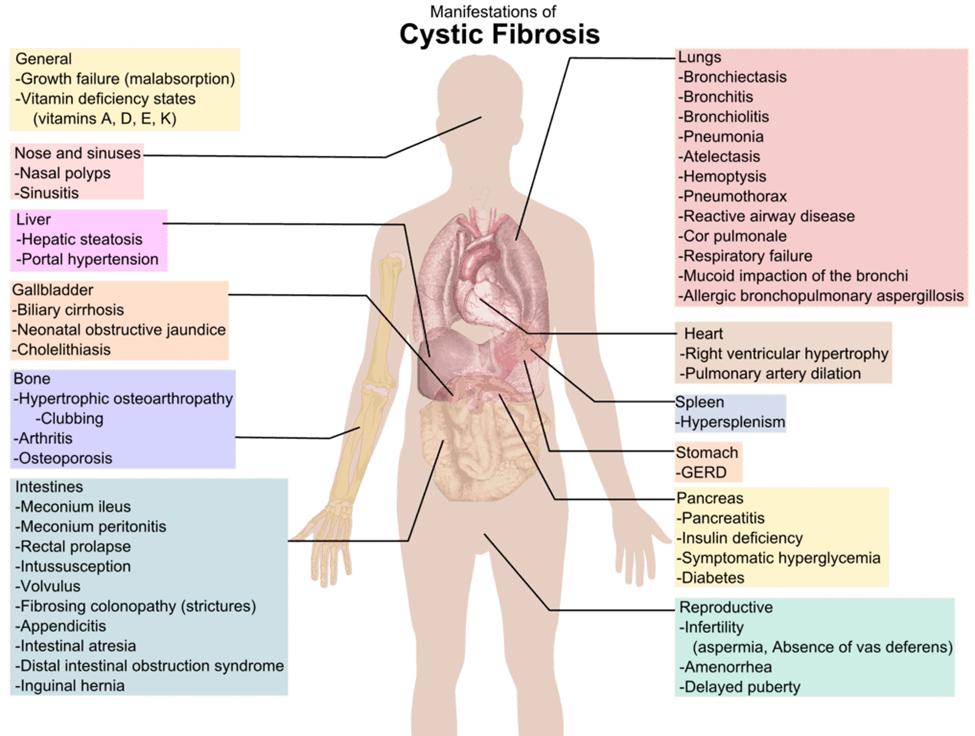The clinic nurse is providing instructions to the parent of a child with cystic fibrosis regarding the immunization schedule for the child. Which statement would the nurse make to the parent?
The immunization schedule will need to be altered."
The child will receive all of the immunizations except for the pollo series.
"The child will receive the recommended basic series of immunizations along with a yearly influenza vaccination.
The child should not receive any hepatitis vaccines."
The Correct Answer is C
A. "The immunization schedule will need to be altered."
Incorrect: This is too vague and does not provide specific information about the child's immunization schedule.
B. "The child will receive all of the immunizations except for the polio series."
Incorrect: There is no indication that the child should not receive the polio vaccine. Children with cystic fibrosis are generally recommended to receive all appropriate vaccinations.
C. "The child will receive the recommended basic series of immunizations along with a yearly influenza vaccination."
Correct Answer: Children with cystic fibrosis should receive the recommended basic series of immunizations, including vaccines for diseases such as diphtheria, pertussis, tetanus, measles, mumps, rubella, polio, Haemophilus influenzae type b (Hib), hepatitis B, and others. Additionally, they should receive a yearly influenza vaccination to help prevent respiratory complications.
D. "The child should not receive any hepatitis vaccines."
Incorrect: There is no general contraindication for children with cystic fibrosis to receive hepatitis vaccines. The nurse should recommend the appropriate vaccines, including those for hepatitis B, as per the standard immunization schedule.

Nursing Test Bank
Naxlex Comprehensive Predictor Exams
Related Questions
Correct Answer is B
Explanation
A. "Has your child been exposed to anyone with chicken pox?"
While chickenpox is caused by a different virus (varicella-zoster virus) and is not directly linked to rheumatic fever, the nurse might inquire about exposure to contagious illnesses as a general part of the assessment.
B. "Has any family member had a sore throat within the past few weeks?"
This question is relevant because rheumatic fever often follows an untreated or inadequately treated group A streptococcal infection, such as strep throat. A sore throat in a family member could indicate the presence of streptococcal infection, which is a crucial factor in the development of rheumatic fever.
C. "Has any family member had a gastrointestinal disorder in the past few weeks?"
Gastrointestinal disorders are not directly associated with the development of rheumatic fever. However, a comprehensive medical history might include questions about recent illnesses to understand the overall health context.
D. "Has your child had difficulty urinating?"
Difficulty urinating is not a typical symptom or risk factor associated with rheumatic fever. This symptom would likely prompt investigation into other potential issues but is not specifically related to rheumatic fever.
Correct Answer is B
Explanation
A. "I will have my child wear soft fabric clothing under the brace."
Explanation: Wearing soft fabric clothing under the brace can enhance comfort and reduce the risk of irritation. This is a suitable practice.
B. "I need to apply lotion under the brace to prevent skin breakdown."
Explanation:
Applying lotion under the brace may lead to moisture accumulation and skin breakdown. It is generally recommended to keep the skin clean and dry under the brace to prevent irritation and pressure sores. Lotions or creams can contribute to moisture, potentially causing skin problems.
C. "I need to avoid the use of powder because it will cake under the brace."
Explanation: Powder can accumulate and cake under the brace, leading to skin issues. This statement is correct, emphasizing the importance of avoiding the use of powder.
D. "I will encourage my child to perform prescribed exercises."
Explanation: Encouraging the child to perform prescribed exercises is essential for maintaining flexibility and strength. This statement reflects a positive and supportive approach to managing scoliosis.
Whether you are a student looking to ace your exams or a practicing nurse seeking to enhance your expertise , our nursing education contents will empower you with the confidence and competence to make a difference in the lives of patients and become a respected leader in the healthcare field.
Visit Naxlex, invest in your future and unlock endless possibilities with our unparalleled nursing education contents today
Report Wrong Answer on the Current Question
Do you disagree with the answer? If yes, what is your expected answer? Explain.
Kindly be descriptive with the issue you are facing.
